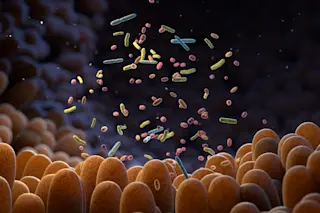What's the News: Childhood obesity rates have escalated dramatically in recent years, in concert with nationwide explosion that has 34% of American adults falling into that category. Now, scientists writing in the July 13 issue of the Journal of American Medical Associationargue that much as feeding kids too little is considered child neglect, so should be feeding them too much. And if the former is grounds for removing them from their families, then the former may be as well. As you can imagine, in the last 24 hours, numerous commentators have responded, and the ensuing debate touches on the causes of obesity and the difficulty of treating such a pervasive, devastating problem. The Tinder:
17% of kids 2-19 are obese, according to the CDC. That's triple the rate in 1980.
Ethnicity and socio-economic level are tied to risk of obesity: Low-income, black or Hispanic children have especially high rates.
Childhood ...














